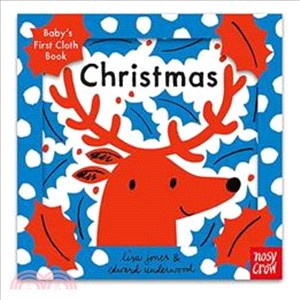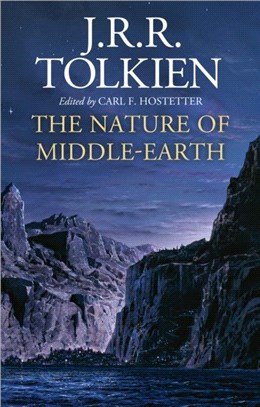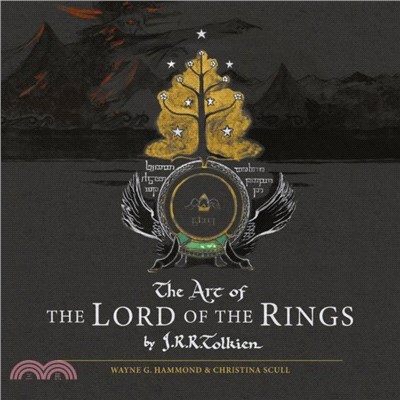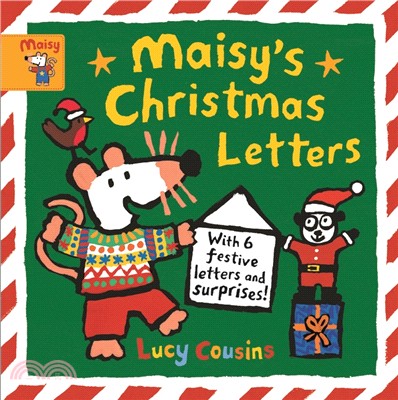Excellence in Higher Education Guide ─ A Framework for the Design, Assessment, and Continuing Improvement of Institutions, Departments, and Programs
商品資訊
ISBN13:9781620363959
出版社:Stylus Pub Llc
作者:Brent D. Ruben
出版日:2016/03/31
裝訂/頁數:精裝/110頁
規格:27.9cm*21cm*1.3cm (高/寬/厚)
版次:8
定價
:NT$ 10440 元優惠價
:90 折 9396 元
無庫存,下單後進貨(到貨天數約30-45天)
下單可得紅利積點:281 點
商品簡介
相關商品
商品簡介
The new (8th) edition of The Excellence in Higher Education Guide: A Framework for the Design, Assessment, and Continuous Improvement of Institutions, Departments, and Programs updates and extends the classicEHE series. This edition includes a broad and integrated approach to design, assessment, planning, and improvement of colleges and universities of all types, as well as individual academic, student affairs, administrative and services units. The framework included in the Guide is adaptable to institutions and units with any mission, and is consistent with the current directions within regional and programmatic accreditation as well as the time-tested Baldrige organizational excellence framework. It includes a focus on institutional and learning outcomes assessment, as well as assessment, planning and improvement in other functions, departments and programs.
While earlier quality enhancement programs and models focused primarily on incremental, unit and team-based improvement, the EHE framework not only provides a guide organizational leaders in assessing current practices, and but also in identifying the need for, and planning of, a wide range of organizational change initiatives—from local and incremental, to organization-wide and transformative. The review process outlined in EHE helps faculty and staff leaders determine when the needed change requires minor refinement, and when a program or service should be transformed or eliminated, and provides guidance as to considerations to guide the organization in designing and implementing those changes. The framework also now includes an enhanced emphasis on leadership and innovation processes—both of which are increasingly critical to creating and maintaining strong and sustainable institutions.
Self-assessment leads to stronger performance in our nation’s colleges and universities—this is the premise upon which the success of the EHE organizational assessment framework has been built. EHE has earned accolades from the higher education community, was recognized by NCCI with a Leveraging Excellence Award, and has been used in more than 100 academic and administrative departments at colleges and universities throughout the U.S. and internationally.
Blending the perspectives of the accrediting models and the Malcolm Baldrige National Quality Award, this classic framework has become the definitive tool for college and university administrators in delineating mission and aspirations, developing strategic plans, assessing stakeholder perspectives, reviewing academic and administrative programs, measuring outcomes, gauging performance against and learning from other institutions, and ensuring continuing improvement. The newly expanded framework includes a more expansive view of organizational change, an emphasis on continuing innovation, and an expanded perspective on leadership strategy.
The flexibility of the EHE framework makes it appropriate for use with academic and administrative departments. It is also ideally suited for use with faculty councils, advisory groups or senates, and with programs, centers or institutes. Moreover the framework can be used by an entire college or university, or with a particular program, department, division, institution or system. In each case, a great advantage is that the framework creates a common understanding and language for discussion, information sharing, and collaboration across disciplinary and functional specialties.
The EHE program includes everything needed for self-guided review and assessment, as a structure for external evaluations, continuing professional development within a department, or individual or group-based leadership development.
Detailed information is provided in each of seven review, assessment, and planning categories:
1.0. Leadership
2.0. Purposes and Plans
3.0. Beneficiary and Constituency Relationships
4.0. Programs and Services
5.0. Faculty/Staff and Workplace
6.0. Metrics, Assessment, and Analysis
7.0. Outcomes and Achievements
In addition to the Guide, a Workbook and Scoring Manual is available to help guide users in quantitative and qualitative applications of the model.Facilitator’s Materials are also available. The books and materials provide users with a solid understanding of the EHE model, and provide detailed guidance for varying ways the framework can be used.
The Guide is also sold as an ebook bundle with the Facilitator's materials.
While earlier quality enhancement programs and models focused primarily on incremental, unit and team-based improvement, the EHE framework not only provides a guide organizational leaders in assessing current practices, and but also in identifying the need for, and planning of, a wide range of organizational change initiatives—from local and incremental, to organization-wide and transformative. The review process outlined in EHE helps faculty and staff leaders determine when the needed change requires minor refinement, and when a program or service should be transformed or eliminated, and provides guidance as to considerations to guide the organization in designing and implementing those changes. The framework also now includes an enhanced emphasis on leadership and innovation processes—both of which are increasingly critical to creating and maintaining strong and sustainable institutions.
Self-assessment leads to stronger performance in our nation’s colleges and universities—this is the premise upon which the success of the EHE organizational assessment framework has been built. EHE has earned accolades from the higher education community, was recognized by NCCI with a Leveraging Excellence Award, and has been used in more than 100 academic and administrative departments at colleges and universities throughout the U.S. and internationally.
Blending the perspectives of the accrediting models and the Malcolm Baldrige National Quality Award, this classic framework has become the definitive tool for college and university administrators in delineating mission and aspirations, developing strategic plans, assessing stakeholder perspectives, reviewing academic and administrative programs, measuring outcomes, gauging performance against and learning from other institutions, and ensuring continuing improvement. The newly expanded framework includes a more expansive view of organizational change, an emphasis on continuing innovation, and an expanded perspective on leadership strategy.
The flexibility of the EHE framework makes it appropriate for use with academic and administrative departments. It is also ideally suited for use with faculty councils, advisory groups or senates, and with programs, centers or institutes. Moreover the framework can be used by an entire college or university, or with a particular program, department, division, institution or system. In each case, a great advantage is that the framework creates a common understanding and language for discussion, information sharing, and collaboration across disciplinary and functional specialties.
The EHE program includes everything needed for self-guided review and assessment, as a structure for external evaluations, continuing professional development within a department, or individual or group-based leadership development.
Detailed information is provided in each of seven review, assessment, and planning categories:
1.0. Leadership
2.0. Purposes and Plans
3.0. Beneficiary and Constituency Relationships
4.0. Programs and Services
5.0. Faculty/Staff and Workplace
6.0. Metrics, Assessment, and Analysis
7.0. Outcomes and Achievements
In addition to the Guide, a Workbook and Scoring Manual is available to help guide users in quantitative and qualitative applications of the model.Facilitator’s Materials are also available. The books and materials provide users with a solid understanding of the EHE model, and provide detailed guidance for varying ways the framework can be used.
The Guide is also sold as an ebook bundle with the Facilitator's materials.
主題書展
更多
主題書展
更多書展今日66折
您曾經瀏覽過的商品
購物須知
外文書商品之書封,為出版社提供之樣本。實際出貨商品,以出版社所提供之現有版本為主。部份書籍,因出版社供應狀況特殊,匯率將依實際狀況做調整。
無庫存之商品,在您完成訂單程序之後,將以空運的方式為你下單調貨。為了縮短等待的時間,建議您將外文書與其他商品分開下單,以獲得最快的取貨速度,平均調貨時間為1~2個月。
為了保護您的權益,「三民網路書店」提供會員七日商品鑑賞期(收到商品為起始日)。
若要辦理退貨,請在商品鑑賞期內寄回,且商品必須是全新狀態與完整包裝(商品、附件、發票、隨貨贈品等)否則恕不接受退貨。
























